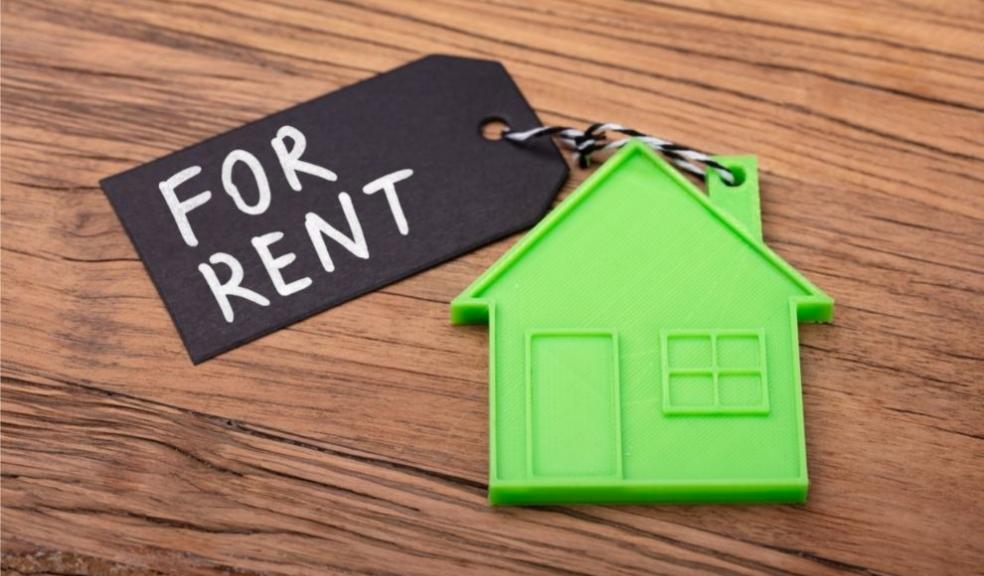
New Renters Reform Bill Will Negatively Impact Social Tenants as Waiting List Time Rises
Housing Generation specialists, Forbes Solicitors have predicted an initial strain on social housing, and longer waiting time for those on the oversubscribed waiting list.[VC1]
The Renters Reform Bill is due to receive royal assent, meaning it will be approved by the monarchy and the law will officially be set into place.
On 16th June 2022, the Government released the ‘Fairer Private Rented Sector White[VC2] Paper’ which sets out details on how the Government aims to achieve their objectives.
The Bill aims to ‘level up’ the housing sector, protecting tenants during the rising cost of living. There are currently an estimated 4.4 million privately rented households in the UK, and it is predicted that the amount will rise as mortgages become out of reach for many people.
Decent Homes Standard
The Decent Homes Standard aims to ensure that rented homes are free from serious health and safety hazards and that the properties are repaired to a high standard.
It is the first time this has been extended to the private sector, meaning that private landlords will have a duty to make sure their home has working heating and insulation, and is up to a high standard of health and safety.
In 2020, more than 17% of privately rented homes were categorised as “non-decent homes”.
If a property is declared as ‘non-decent’, those living in it will be put into emergency accommodation and there are plans to ensure that tenants can take their landlord to court to seek repayment of rent.
Samantha Robinson, Head of Housing and Regeneration at Forbes Solicitors comments: “If the standard of all rented properties improves, it will likely lead to more individuals content to privately rent. It may also lead to people being more financially able to do so, having avoided the need to spend hundreds of pounds in moving costs to secure accommodation of a good standard.”
“The bill may initially have a negative impact on the social housing sector as those living in non-decent homes will be placed at the top of the waiting list. This will mean that those already on the waiting list for social housing will have an increased waiting time.
However, I believe that long term renters in both the social and private sector will benefit overall. I believe the standard of all houses is set to improve.”
Rent Increases
As the cost-of-living rises, it is no surprise that rents are increasing at their fastest level for around five years. The Bill will only allow rent to increase once per year and increase the notice of rent changes to at least two months.
Samantha Robinson predicts; “This will provide tenants with increased powers to challenge unjustified rent increases and hopefully stop many renters being priced out of privately rented sectors - leaving the only option of social housing to them. The strain on social housing will decrease as tenants are able to plan and manage their finances in advance.”
Section 21
After being described as “unfair” by key members of parliament, the Government has committed to abolish the section. This means that the tenancy can only end if the tenant decides to end it or if the landlord has a valid ground of possession.
The changes aim to encourage landlords and tenants to work together and reduce the fear that many tenants have that they may be served with a 21 notice after raising complaints to their landlord. This should hopefully mean that tenants and landlords have a more equal relationship where issues can be brought up without fear of grave consequences.
Pet Ownership
Nearly 60% of UK households own pets, yet according to the 2021 English Private Landlord Survey, less than 50% of landlords would let to tenants with pets.
A blanket ban on pet ownerships will be removed, and a change of model agrees that landlords must reply to pet requests within 29 days and must not unreasonably refuse their request.
Whilst the Tenant Fees Act 2019 will be amended to allow landlords to request that their tenants buy pet insurance, Forbes predicts that the change will open up private renting to more and more people.
Renting to families with children/ in receipt of benefits
It will become illegal to have a blanket ban renting to families with children or in receipt of benefits.
This will open up the private sector to a higher percentage of renters having the option to rent privately, relieving pressure on the social housing sector.
How will Landlords be affected by the Bill?
Whilst the Renters Reform Bill has been applauded for the way it assists tenants, the new legislation has put a large strain on private landlords.
The new pet ownership and family legislations mean that landlords now have less choice in who they rent to, and plans that help tenants to take their landlords to court could result in thousands being paid out.
Forbes note; “As the amount of renters increases and the cost of living rises, we understand that landlords may begin to feel overwhelmed. Over the past few years, landlords have struggled with the Coronavirus Pandemic, rising costs of bills and now new rules. However, we offer a comprehensive service which assists landlords and provides blog posts with constant legal updates”.
For more information on the Renters Reform Bill, contact the Forbes Housing and Regeneration team or submit questions through their online contact form.
[VC1]Always add an 'overview' or explanation of what the release is about/' what the client has said/ done at the to of the release
[VC2]Keep paragraphs short as possible to make info easy to digest









